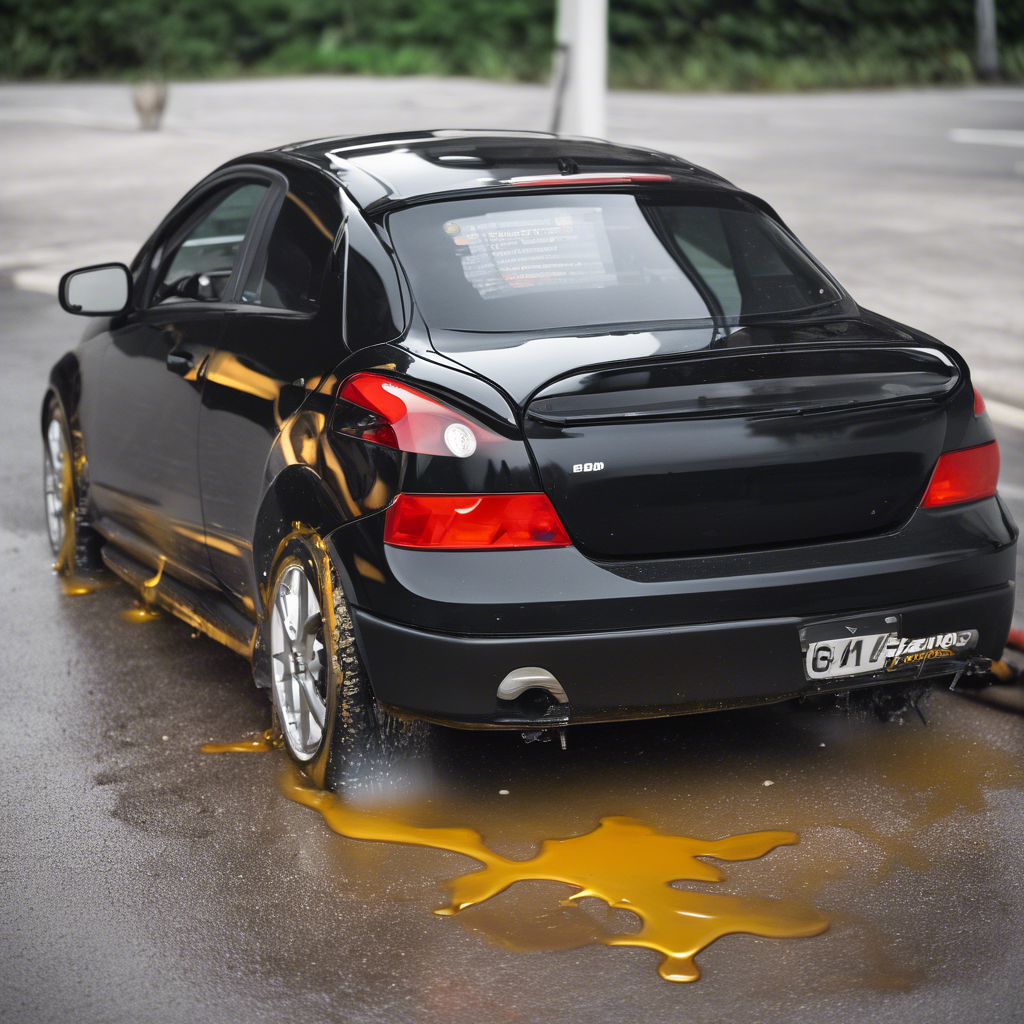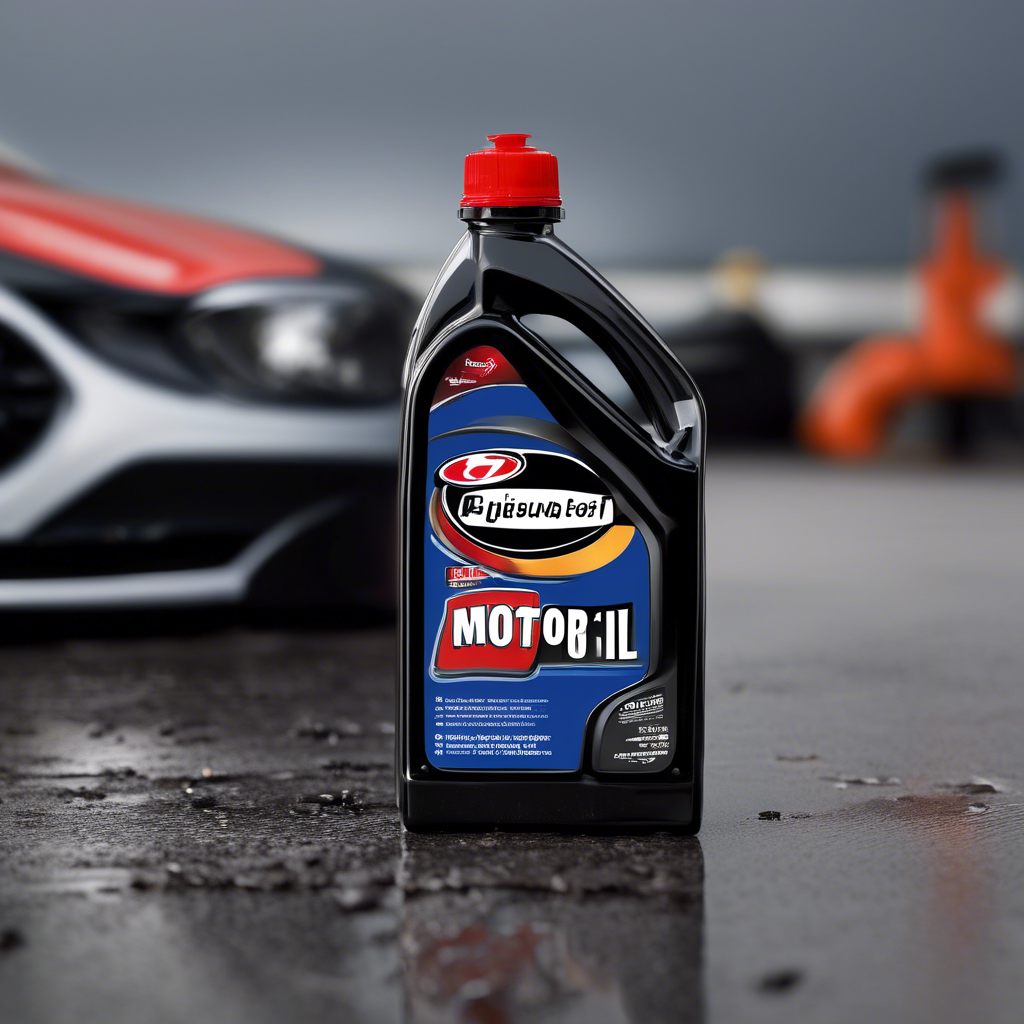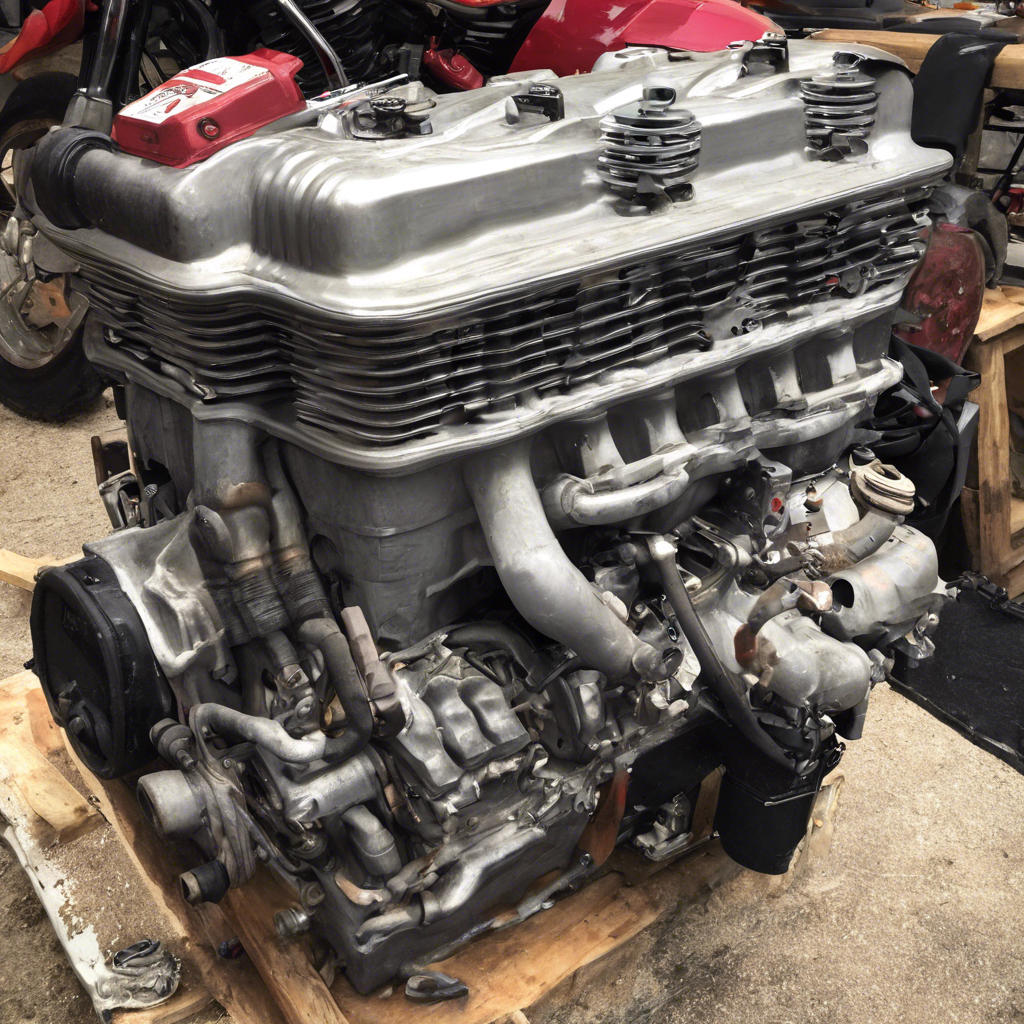Yes, car oil can evaporate. In fact, all oils, including car oil, have the ability to evaporate under certain conditions. When a liquid evaporates, it turns into a gas and rises into the atmosphere. However, the rate at which car oil evaporates is relatively slow compared to other liquids, such as water.

Car oil is typically made up of a combination of base oils and various additives. These additives help improve the lubricating properties of the oil and protect the engine from wear and tear. The base oil itself is a petroleum distillate, which means it is derived from crude oil. Like all petroleum products, car oil contains volatile components that are susceptible to evaporation.

The evaporation of car oil can take place under high temperature and pressure conditions, such as in the engine’s combustion chamber. When the engine is running, the oil is subjected to extreme heat, which can cause some of its volatile components to evaporate. These volatile components can then be expelled through the exhaust system along with the combustion gases.

However, most of the car oil that evaporates during engine operation is burned off in the combustion process and exits the vehicle through the exhaust system. This is why it is normal to see a small amount of smoke coming out of the exhaust pipe when a car is first started, especially in colder weather. The smoke is the result of the oil that has evaporated and burned off in the engine.
It’s important to note that car oil is designed to have a relatively high boiling point to avoid excessive evaporation under normal operating conditions. This is because the oil needs to maintain its lubricating properties even at high temperatures. If too much oil were to evaporate, it could lead to inadequate lubrication, which can cause significant damage to the engine.
While car oil can evaporate during engine operation, it is more common to lose oil through leaks or spills. If there is a leak in the engine or the oil pan, for example, the oil can seep out and evaporate over time. Similarly, if oil is spilled on a hot engine component, it can quickly evaporate before it has a chance to be cleaned up.
To minimize the evaporation of car oil, it is important to regularly check and maintain the oil level in your vehicle. This can be done by checking the dipstick regularly and adding oil as needed. Additionally, it is a good idea to check for any signs of oil leaks or spills and address them promptly to prevent further loss of oil.
In conclusion, car oil can evaporate under certain conditions, such as high temperature and pressure in the engine’s combustion chamber. However, the rate at which it evaporates is relatively slow compared to other liquids. Most of the oil that evaporates during engine operation is burned off and exits the vehicle through the exhaust system. It is more common to lose oil through leaks or spills. Regular maintenance and monitoring of the oil level can help minimize oil loss due to evaporation.

